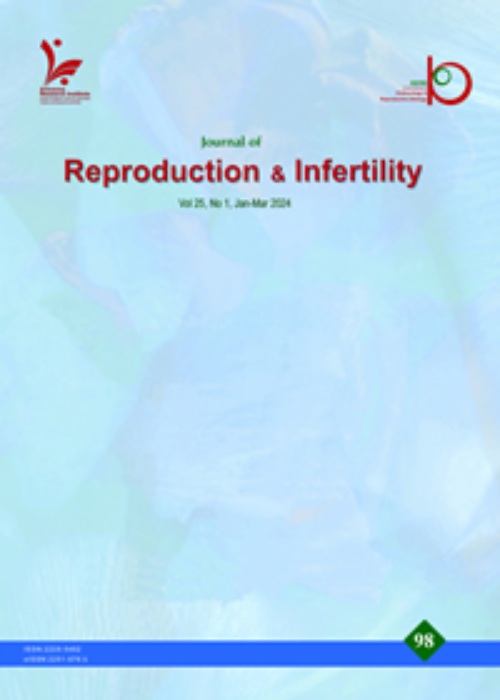Methodological Considerations in Studying Sexual Behaviors of Young People in Iran
Author(s):
Abstract:
In recent years, there has been increasing number of studies about young people’s sexual behavior and its correlates in Iran (1-5). These findings will hopefully sensitize health policy makers to sexual risks (HIV, STIs, pregnancy, and abortion) among young people in general population and inform appropriate programs and interventions to protect young people from associated risks. However, some of these studies have important limitations that make the interpretation and generalization of the finding difficult, particularly at national level and will provide some biased results on this highly sensitive topic. Some of these methodological limitations are as follows: Some studies have assessed sexual behaviors of a specific sample of college students in a particular city, while explicitly or implicitly generalize the findings to Iranian youth. For instance, in the title and the main text, they tend to use Iranian youth instead of focusing on the study population which are college students in the particular city (3). College students in metropolitan cities tend to be more vanguard to new ideas and are more likely to be liberal in sexual attitudes and behaviors. Generally, unless we have a national representative sample, the rates cannot be generalized to the general population of young people. Moreover, the investigators need to acknowledge the heterogeneity between cities in the country in interpretation of the finding. Another issue is special features related to researches of sensitive subjects such as sexual behavior. Some studies which fail to get official consent from the institutions (schools or universities), they tend to interview students who are volunteers and volunteers tend to be more sexually curious and likely to be more interested to know about the topic or even might be more sexually experienced. They might see their participation as an opportunity to receive some information from the questionnaire or the interviewer (1), hence, researchers need to make sure that students who reject to participate are not different from volunteers. Similarly, the investigators need to make sure that respondents with missing data on sensitive questions are not different with those who responded. Obtaining a non-representative sample is another important limitation. If applying random sampling is not possible, using proportional probability to size (PPS) can be helpful. Because the sample comprises of different subgroups, for instance, students of government and private universities, or men and women, the proportion of these subgroups within the sample might be different with the proportion in the study population. Hence, if researchers failed to use PPS based on important subgroups; need to give appropriate weight to different subcategories at the analysis stage. This becomes more important when sexual behaviors of these subcategories are different and lack of weighting lead to biased results. For instance, studies showed that students in government universities are significantly more conservative in sexual attitudes and behaviors compared to students from private universities (1, 6). Hence, if a representative sample of students (both private and government) universities is considered, the same proportion of each type of university need to be selected in the sample as their proportion in the population, if these proportions are different, weighting is needed. There is little evidence of weighted sample in many of published papers (3, 4). Hence, samples which over-represent private students, will over estimate the sexuality of college students.
Language:
English
Published:
Journal of Reproduction & Infertility, Volume:15 Issue: 4, Oct-Dec 2014
Pages:
171 to 172
magiran.com/p1321384
دانلود و مطالعه متن این مقاله با یکی از روشهای زیر امکان پذیر است:
اشتراک شخصی
با عضویت و پرداخت آنلاین حق اشتراک یکساله به مبلغ 1,390,000ريال میتوانید 70 عنوان مطلب دانلود کنید!
اشتراک سازمانی
به کتابخانه دانشگاه یا محل کار خود پیشنهاد کنید تا اشتراک سازمانی این پایگاه را برای دسترسی نامحدود همه کاربران به متن مطالب تهیه نمایند!
توجه!
- حق عضویت دریافتی صرف حمایت از نشریات عضو و نگهداری، تکمیل و توسعه مگیران میشود.
- پرداخت حق اشتراک و دانلود مقالات اجازه بازنشر آن در سایر رسانههای چاپی و دیجیتال را به کاربر نمیدهد.
In order to view content subscription is required
Personal subscription
Subscribe magiran.com for 70 € euros via PayPal and download 70 articles during a year.
Organization subscription
Please contact us to subscribe your university or library for unlimited access!


